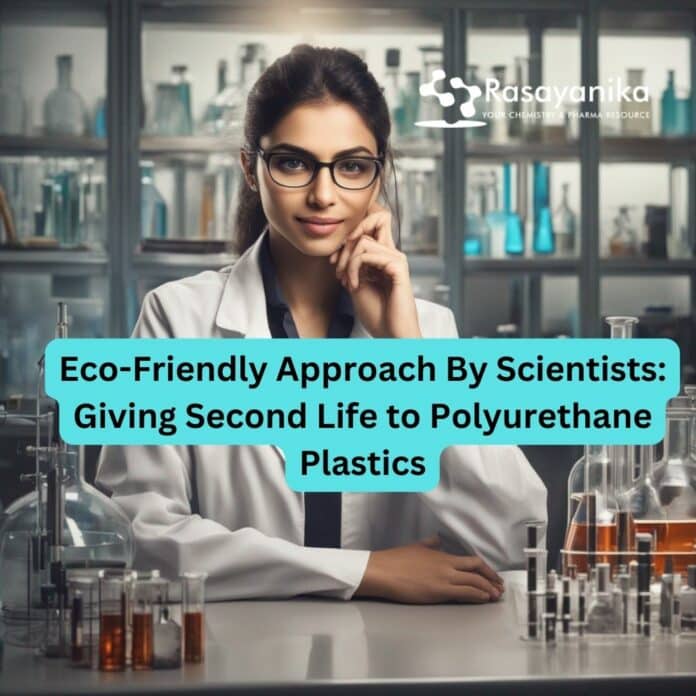Polyurethane plastics, widely used in various products, contribute to landfill and ocean pollution after their useful life. Addressing this issue, researchers from Northwestern University have developed a novel method for recycling polyurethane foams, a common plastic, using environmentally friendly catalysts. The process involves reprocessing and “refoaming” the material through chemical reactions, heat, and the introduction of a zirconium-based catalyst and foaming agent.
The recycled foam maintains its strength, structure, and integrity. The breakthrough, led by Professor William Dichtel, holds the potential to revolutionize plastics recycling and create a circular life cycle for materials. Thermosets, durable but less recyclable plastics, can be transformed using this approach, reducing emissions, conserving energy, and minimizing landfill use.
Traditional plastic recycling involves melting and reshaping, but the process doesn’t suit crosslinked plastics like polyurethanes. The team’s innovation employs a zirconium catalyst that rearranges the material’s bonds, allowing reshaping.
Simultaneously, a foaming agent generates new bubbles, creating a new foam product from the old one.
This approach, in contrast to solid plastic recycling, aligns with sustainability goals and was achieved through collaboration with BASF, a leading polyurethane producer. The discovery’s global implications extend to post-consumer foam products and unused industrial plastics, contributing to a more sustainable
future.Plastics Recycling Looking for latest chemistry and Pharma job openings, follow Rasayanika Facebook and Telegram and subscribe to our youtube channel for the latest updates on chemistry and Pharma job.















































